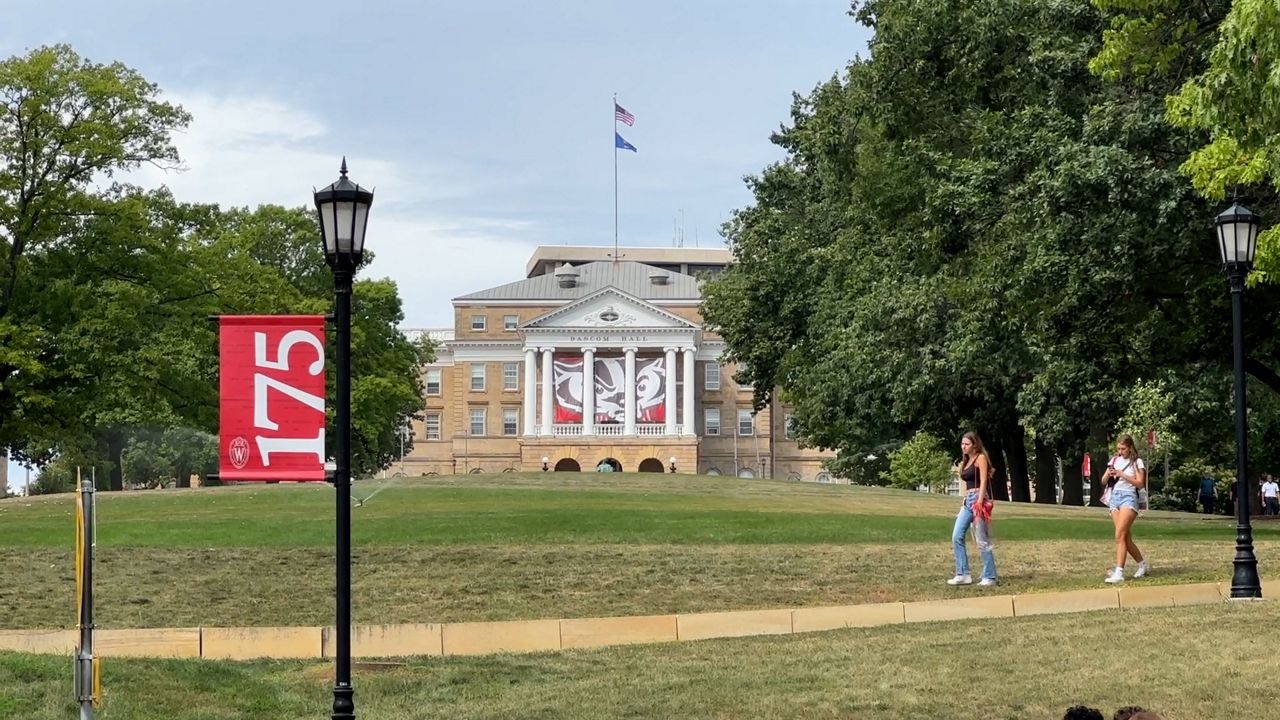GREEN BAY, Wis. — Northeast Wisconsin Technical College (NWTC) is celebrating a groundbreaking achievement by two of its microbiology students.
For the first time in NWTC’s history, two students, Justyna Kakol and Mainor Vang, are publishing their work in the peer-reviewed scientific journal, National Institutes of Health National Library of Medicine.
Justyna Kakol, a Poland native, said she never dreamed she’d be published in a national science journal.
Kakol said she’s always had a passion for science. Even as a child, she was beguiled by organisms not visible to the naked eye.
“I always was fascinated by science like biology, chemistry, physics. When I took more biology classes, I learned that I’m really fascinated by microbiology,” Kakol said.
With such an enthusiasm for science, it’s no surprise Kakol is a part of revolutionary research.
“Our study showed that the bacteria ‘paenarthrobacter nicotinovorans’, has antibiotic activity against pathogens that cause serious diseases,” Kakol said.
Throughout their research, Kakol and her partner have been working to understand bacteria and its use in antibiotics.
Kakol’s instructor, Angelo Kolokithas, said the students’ research is helping find new ways to fight dangerous bacterial infections.
“We’re thinking about pathogens like E. coli, that cause different GI-tract issues. We’re thinking about staph infections as well,” Kolokithas said.
Kolokithas said it’s challenging to treat those deadly infections because of a shortage of effective bacteria post-COVID.
That is why Kakol’s research is so important. It’s the discovery of a potential new way to use bacteria to fight illnesses.
“There’s diseases that are going around the world such as strep throat that are killing people again, and there’s no drugs to treat them. So, we’re kind of on red alert to try to discover new antibiotics that work that allow us to try to combat this,” Kolokithas said.
Kakol has lived in the U.S. for four years, but she said she never imagined her study would snowball into research that could help humankind.
“When I started my program, I always think that’s gonna be a small project that I don’t know how this is gonna work. Now we have the publication, so I’m really happy,” Kakol said.
Kakol said she’s ready to study more bacteria.
Kolokithas said that he expects a future full of innovative research for Kakol that will hopefully improve humans’ well-being.
Kakol and Vang’s methodology and conclusions can be found here:
- Time course study of Paenarthrobacter nicotinovorans secondary metabolite toxicity profile
- Toxicity of secondary metabolites of Paenarthrobacter nicotinovorans










